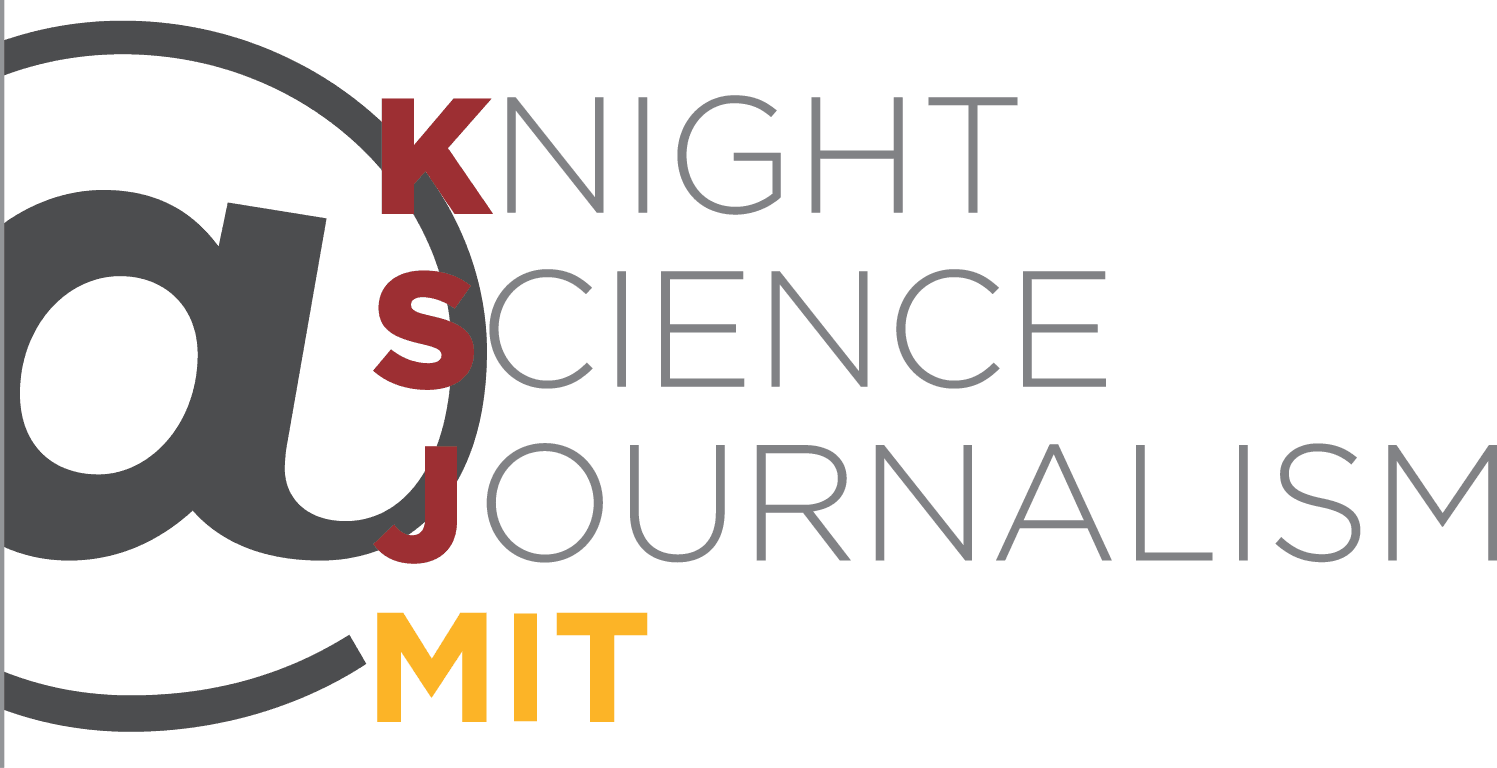Application Deadline: January 15, 2025.
Applications are now open for the 2025/2026 Knight Science Journalism Fellowship. Every year, the Knight Science Journalism Program at MIT offers academic-year fellowships to 10 science journalists from around the globe, giving them an opportunity to explore science, technology, and the craft of journalism; to concentrate on a specialty in science; and to learn at some of the top research universities in the world.
Program Details
Seminars: Fellows’ time in Cambridge is enriched by regular seminars from top researchers and media professionals.
Field Trips: KSJ organizes several trips each year to locations of special interest to science and technology writers. Past destinations have included the Woods Hole Oceanographic Institution and the Marine Biological Laboratory in Woods Hole, MA, the Jackson Laboratory in Bar Harbor, ME, and the Harvard Forest in Petersham, MA.
Skill-Focused Workshops: The number of storytelling channels open to journalists is multiplying, and we want our Fellows to return to the workforce with more technical skills than they had coming in. Each year we include a few skills-based workshops. Past workshops have centered around mobile video, still photography, digital editing, data journalism, and podcasting.
Course of Study: Fellows audit courses at MIT, Harvard, and other colleges and universities in the area. As long as fellows include one science course each semester, they have immense flexibility in choosing the suite of courses they wish to attend. Professors of these classes must approve the fellows’ request to audit.
Eligibility Requirements
To be eligible for a KSJ Fellowship, applicants must meet the following criteria:
- Be full-time journalists, whether on staff or freelance. Part-time writers or producers are not eligible.
- Have at least three consecutive years of experience covering science, health, technology and environmental reporting.
- Be reporters, writers, editors, producers, illustrators, filmmakers, or photojournalists. This includes work for newspapers, magazines, television, radio, and digital media.
Benefits
- Fellows receive an $85,000 stipend paid out in installments over 9.5 months
- A travel and housing stipend paid near the start of the fellowship
- Basic health insurance for each fellow and their family
Application Procedure:
Each applicant must submit the following documents:
Professional Autobiography: Describe, in 500 words or less, why you want to participate in the Knight Science Journalism Fellowship Program and how it fits with your professional goals.
Resume or Curriculum Vitae: Provide a brief overview of your education, work history, and professional honors. (Freelancers should include a list of freelance jobs completed in the past 12 months. Include each story, venue, and date of publication or broadcast.)
Research Project Proposal: Describe, in 500 words or less, a project you intend to develop during the fellowship year. The goal is for fellows to create a project that uniquely leverages their time and experiences at MIT, using the resources and connections available to them while they are here. The research project must be based in journalism, but it can expand beyond traditional parameters and be created in any format: long-form, story series, multimedia, video, audio, installation, etc. Please note: The research project may be a book proposal, but fellows may not sell the proposal during the fellowship year, nor may they arrive with a contract to write a book during the fellowship year.
Five Work Samples: Please provide five relevant work samples. Choose samples that best illustrate your interest and abilities. Please include a translation for any work not produced in English.
Three Professional References: Please provide three letters of recommendation. Letters should come from individuals familiar with your work and should comment on your abilities and your commitment to journalism. Applicants will provide the names and contact info for their recommenders in the application form, and letter requests will be sent to the recommenders automatically. Applicants are responsible for ensuring that their recommenders submit letters before the deadline.
Application Timeline:
Mid-November: Application Opens
Mid-January: Application Closes
January – March: Applications will be reviewed by a panel of distinguished science journalists, including KSJ Director Deborah Blum, KSJ Associate Director Ashley Smart, and Undark Chief Editor, Tom Zeller Jr.
Early March: From the initial pool of applicants, semifinalists are selected to participate in a round of video interviews. Semifinalists are typically notified of their status in early March. If you are not selected as a semifinalist, you will be notified at this time.
April: The 10 recipients of Knight Science Journalism fellowships are usually announced in April.
For More Information:
Visit the Official Webpage of the Knight Science Journalism Fellowship

